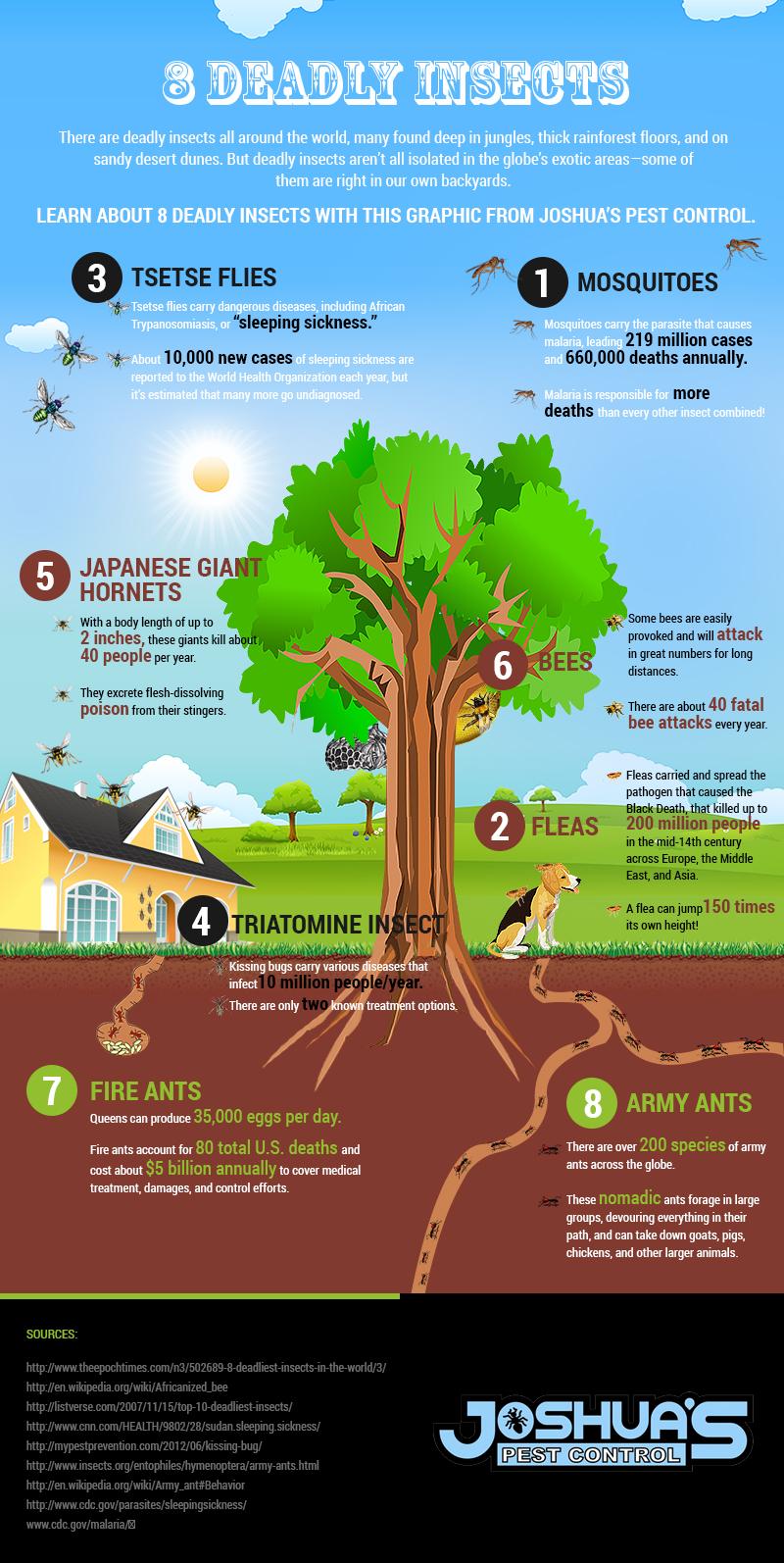Pest-Proofing Your Yard: Tips For Keeping Outside Pests At Bay
Pest-Proofing Your Yard: Tips For Keeping Outside Pests At Bay
Blog Article
Authored By-Gupta Espersen
Imagine your yard as a shelter, a place of tranquility and beauty. Nonetheless, exterminator services near me of exterior pests can quickly interrupt this idyllic image. What if there were easy yet reliable means to keep these undesirable site visitors at bay and protect your garden sanctuary? By following a few useful suggestions and implementing natural methods, you can develop a harmonious outdoor room where your plants can thrive undisturbed.
Natural Pest Deterrents
To maintain bugs far from your yard normally, plant aromatic natural herbs like mint and lavender. These fragrant plants not only include charm to your yard however also function as efficient parasite deterrents. Bugs like mosquitoes, flies, and even some garden-damaging pests are warded off by the solid scents emitted by these natural herbs. Merely positioning them purposefully around your garden can assist develop an all-natural obstacle versus unwanted bugs.
In addition to mint and lavender, think about planting other natural herbs like rosemary, basil, and lemongrass to better enhance your yard's pest-proofing capacities. These natural herbs not just function as natural repellents yet additionally have actually the added benefit of serving in cooking or crafting home made treatments.
Strategic Plant Placement
Consider the format of your garden and the sorts of plants you have to strategically put them for maximum pest-proofing efficiency.
Start by organizing plants with comparable resistance to insects with each other. By doing this, you can create a natural barrier that hinders pests from spreading out throughout your garden.
In addition, placing pest-repelling plants like marigolds, lavender, or mint near even more prone plants can assist secure them. Tall plants, such as sunflowers or corn, can serve as a shield for much shorter plants versus parasites like rabbits or ground-dwelling insects.
Keep in mind to leave enough space in between plants to boost air flow and lower the danger of illness that pests could carry.
Furthermore, think about growing strong-smelling herbs like rosemary or basil near at risk plants to puzzle insects' senses and make it harder for them to locate their targets.
Effective Parasite Control Techniques
For combating yard insects properly, implementing a multi-faceted insect control strategy is necessary. Begin by encouraging all-natural killers like birds, ladybugs, and hoping mantises to aid maintain pest populations in check. Introducing plants that draw in these valuable bugs can help in pest control. In addition, practicing excellent garden health by getting rid of particles and weeds where insects might conceal can make your yard less hospitable to unwanted visitors.
Think about using physical obstacles such as row cover fabrics or netting to shield vulnerable plants from parasites like caterpillars and birds. Using natural pesticides like neem oil or insecticidal soap can likewise work versus specific parasites while being less hazardous to beneficial bugs and the environment. It's crucial to turn your crops each period to prevent the buildup of insect populaces that target particular plants.
Regularly evaluate your plants for indications of parasite damage so you can take action promptly. By incorporating best ant killer and staying alert, you can effectively regulate yard parasites and appreciate a flourishing, pest-free garden.
Conclusion
So, there you have it - with the ideal methods, you can keep pesky outside parasites far from your garden and aid your plants flourish.
Did you understand that growing mint has been revealed to push back insects and other pests, minimizing the need for hazardous chemicals by approximately 60%?
By integrating natural deterrents and wise growing methods, you can create a beautiful and pest-resistant yard sanctuary for you to appreciate.
